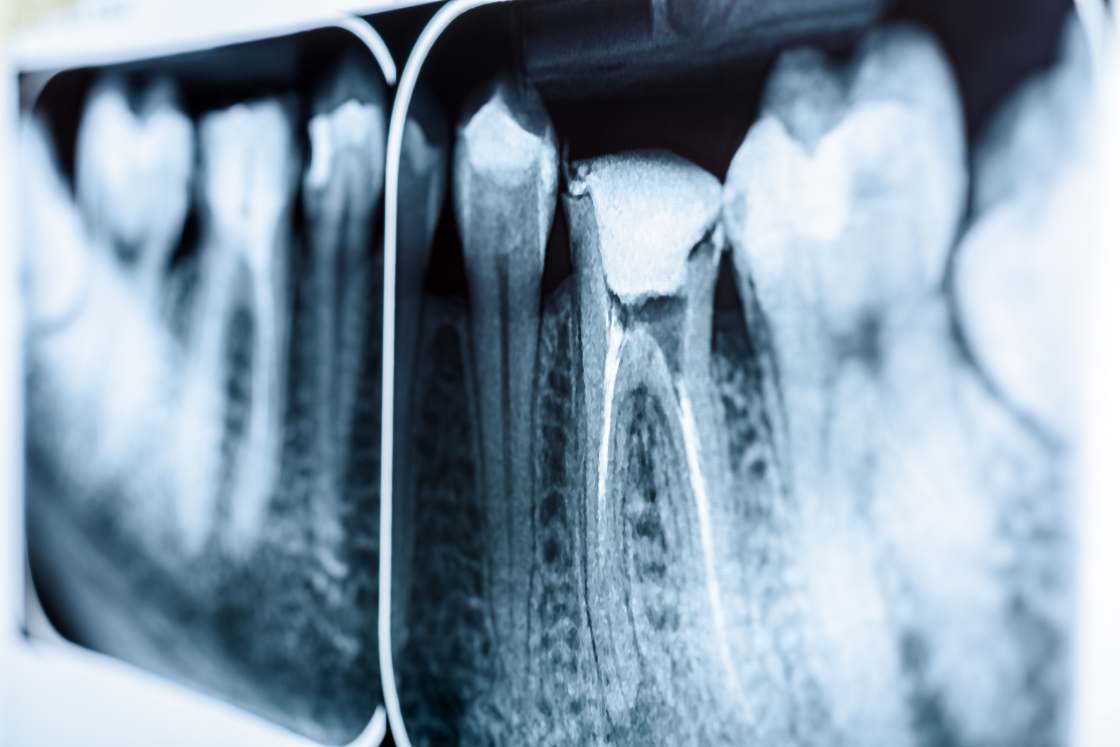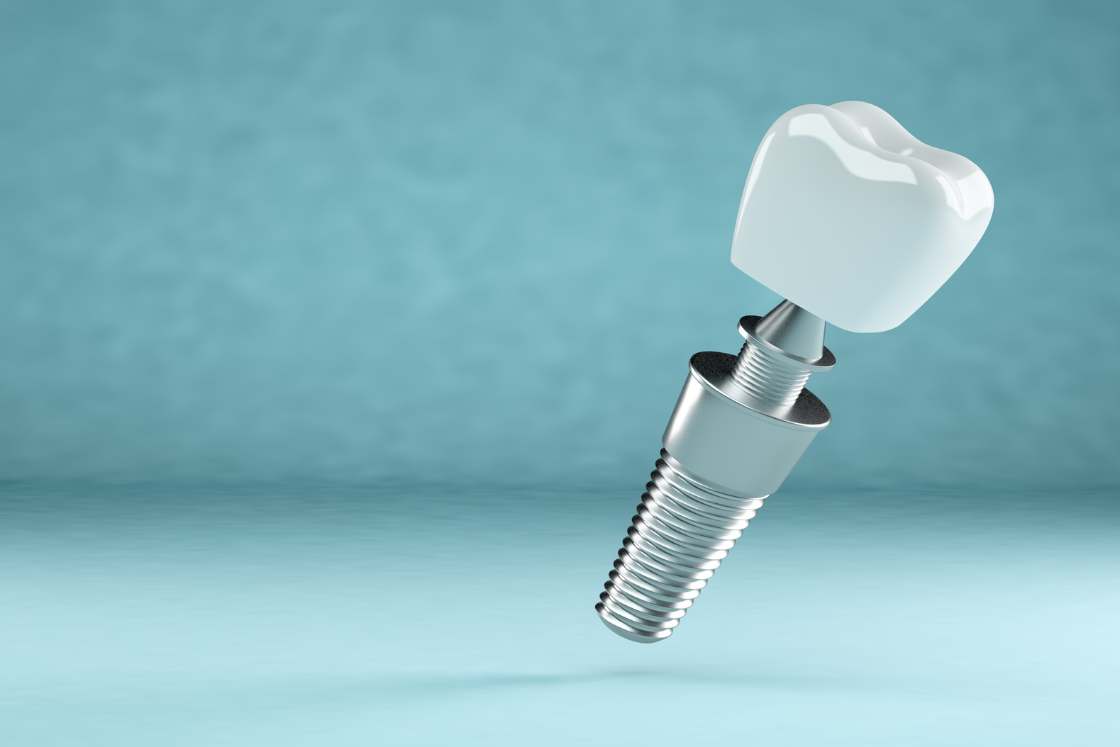
Top 5 Reasons for Toothache
Top 5 Reasons for Toothache
A toothache is pain that is felt in or around a tooth. It can range from mild to severe and can be constant or intermittent. Toothaches can be caused by a variety of factors, including tooth decay, gum disease, tooth abscess, tooth grinding, and mouth injury. Toothaches can also be a sign of other underlying health problems, such as an infection in the mouth or sinuses. If you have a toothache, it is important to see a dentist to determine the cause and receive appropriate treatment.
- Tooth decay: When the enamel on your teeth begins to break down and the inside of the tooth (called the pulp) becomes exposed, it can cause toothache. This can be caused by not brushing teeth properly, consuming sugary or acidic foods, or not getting regular dental checkups.
- Gum disease: When bacteria builds up in the mouth, it can cause the gums to become inflamed, leading to gum disease. This can cause toothache, as well as other symptoms such as bad breath, red or swollen gums, and loose teeth.
- Tooth abscess: This is a pocket of pus that forms in the tooth as a result of a bacterial infection. It can cause severe toothache, as well as fever, swelling in the face and neck, and difficulty swallowing.
- Tooth grinding: Grinding your teeth, also known as bruxism, can cause toothache. This is because it puts a lot of pressure on the teeth, which can lead to tooth sensitivity and pain.
- Mouth injury: An injury to the mouth, such as a chipped or cracked tooth, can cause toothache. In some cases, the tooth may be sensitive to temperature changes or may hurt when you bite down.
Here are a few tips to help you avoid toothache:
- Brush your teeth twice a day: Brushing your teeth helps remove plaque, which is a sticky film of bacteria that can build up on your teeth and cause tooth decay. Make sure to use a fluoride toothpaste and a soft-bristled toothbrush, and brush in a circular motion.
- Floss daily: Flossing helps remove plaque and food particles from between your teeth, which can prevent tooth decay and gum disease.
- Drink plenty of water: Water helps rinse away food particles and bacteria in the mouth, which can help prevent toothache.
- Avoid sugary and acidic foods: Sugary and acidic foods can break down the enamel on your teeth, making them more prone to tooth decay. Try to limit your intake of these types of foods and drinks, or brush your teeth immediately after consuming them.
- Get regular dental checkups: Seeing your dentist for regular checkups and cleanings can help prevent toothache. Your dentist can identify potential issues early on and provide treatment before they become more serious.
- Protect your teeth from injury: If you play sports or engage in activities that could cause injury to your teeth, make sure to wear a mouthguard to protect them.
0





